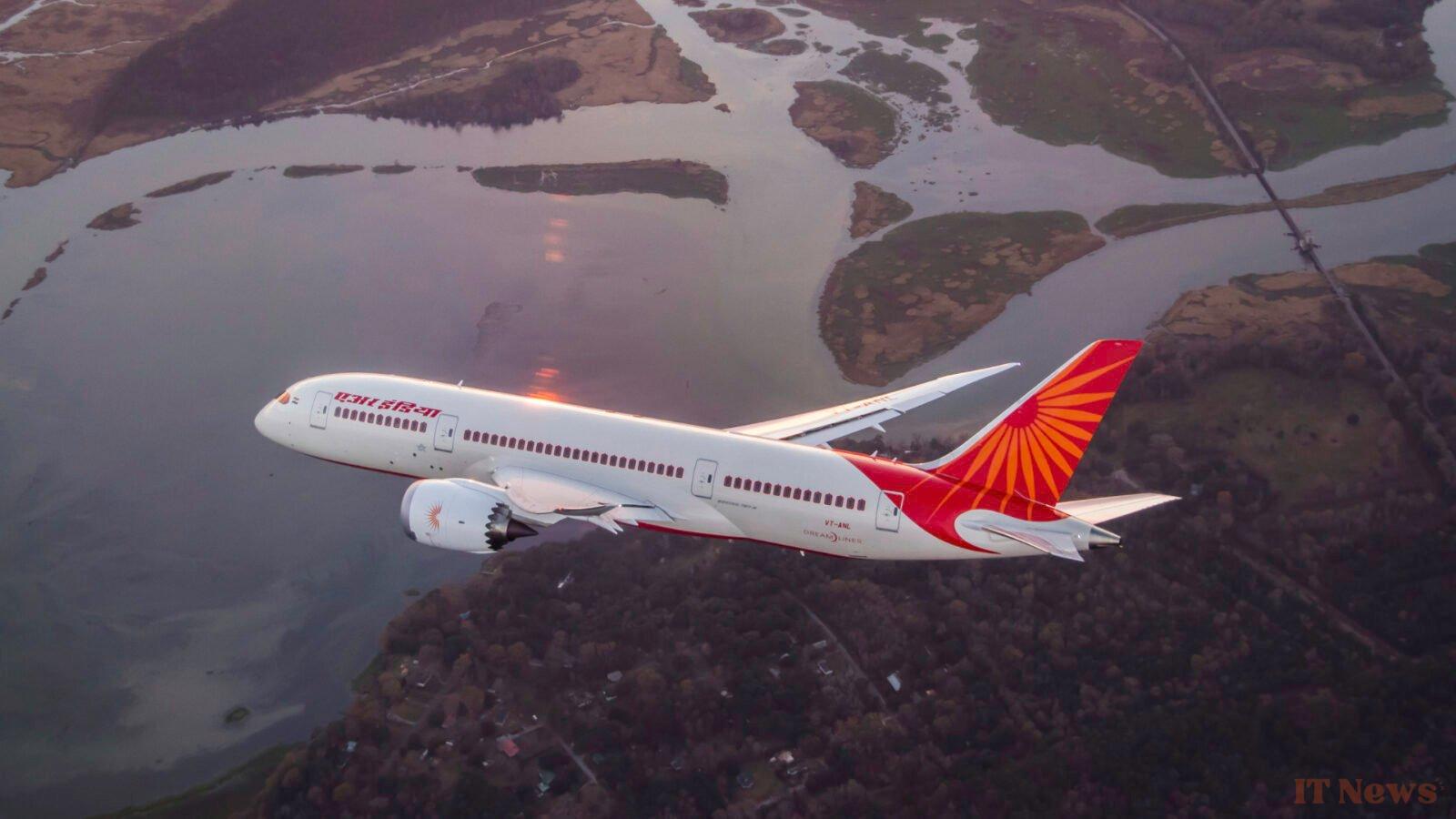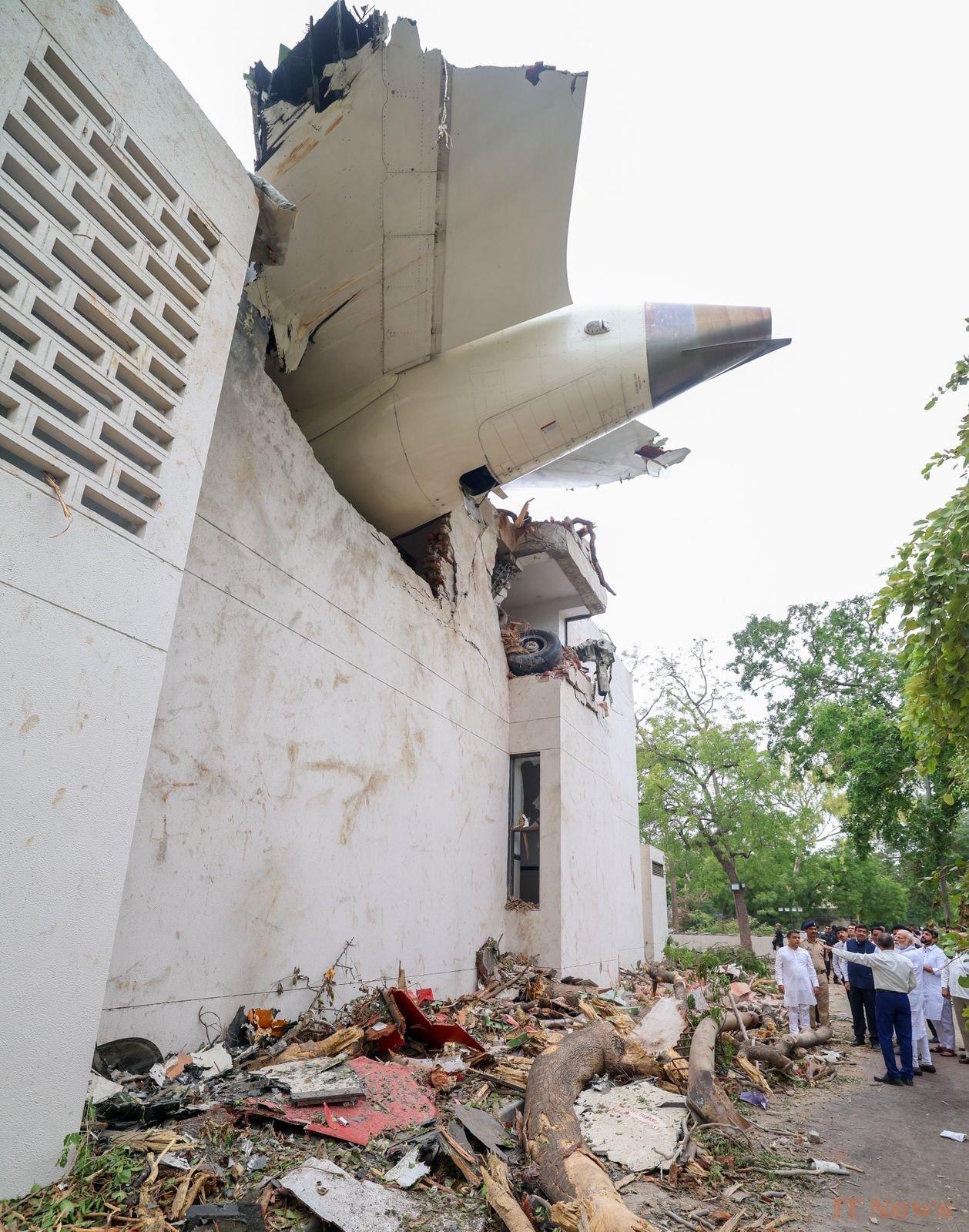In 2022, when the Indian government sold Air India to the Tata conglomerate, the $2.4 billion deal hid many problems for a long-term bet. When the group's leaders thanked the Indian government and Prime Minister Narendra Modi for this opportunity, they were opening their business portfolio to a particularly expensive sector, and a largely loss-making company.
To take on such a challenge, and to get back on its feet the company that had become a "national disgrace," Tata strengthened its accounts through 100 companies, working in particular in steel (with Tata Steel), automobiles (with Tata Motors) but also other activities, such as iPhone production, under a specialized subsidiary for the exclusive account of Apple in India, in 2020.
The conglomerate thus revealed sharply rising results, with revenue growing by 33% in 2021, but also in 2022, with significant profits. Whether it was the process of privatizing Air India or continuing its other businesses, Tata was doing well until last year, with a new annual balance sheet showing a 25% increase in revenue, and after-tax profits 57% higher.
When Tata bought the “national disgrace” Air India
Tata’s first weeks as owner of Air India set the tone. New Zealander Campbell Wilson, appointed by the new management, revealed to the Financial Times in November 2024 that many Air India planes had been grounded and looted for spare parts. On the digital front, employees were using their Gmail accounts to manage their activities, and the booking platform was outdated.
"If there was a problem, we tended to hide it until it was revealed," he explained. The situation was simply not sustainable for the company to survive over time. The Tata group was responsible for investing $200 million to modernize its IT systems, hire 9,000 new employees, and sign a record order for 570 aircraft from Airbus and Boeing.
The beginning of 2025 showed positive results, with, three years after the company's privatization, finances improving, thanks to increasing revenues and decreasing losses. But criticism continued to fly, with flight delays and cancellations, as well as the presence of food and drinks deemed "inadequate." The dilapidated interiors of the planes didn't help matters, nor did the passenger videos showing faulty entertainment systems.
There was still a long way to go for Campbell Wilson and his teams, with the support of Tata, to get back on track and regain ground in a market where its big rival IndiGo was gaining more and more ground.
The Air India 171 crash, the worst air disaster since 2014
On Thursday, June 12, at 1:39 p.m., the Boeing 787-8 of Air India Flight 171 decided on a completely different trajectory, to the point of calling into question the very survival of the company. A few seconds after the aircraft, registered VT-ANB, rotated on the runway of Ahmedabad airport, the company's long-haul plane crashed a few hundred meters away, causing the worst air disaster since 2014, with a still provisional death toll of more than 290.
As with the American aircraft manufacturer Boeing, whatever Air India's role in the crash, the crisis of confidence among its customers will be taken to a whole new level. After the Indian government, it is now the responsibility of the Tata group to pay the costs.
"There will be compensation, lawsuits, and customer frustration," Neelam Mathews, an independent aviation analyst based in New Delhi, India, told the Financial Times. The company is under even closer scrutiny in the media, as evidenced on Monday, June 16, by the U-turn of another Air India Boeing 787 in Hong Kong after a technical problem was reported. The news went viral, even though such technically motivated diversions occur weekly in the airline industry.
At Air India's headquarters in Gurugram, near Delhi, Tata Chairman Natarajan Chandrasekaran called for "resilience" after the incident, saying: "We must use this ordeal to build a safer airline." For Andrew Charlton, director of Aviation Advocacy, "The real question now is how Air India will respond. If it mishandles the situation, it could turn into a disaster."
A crucial strategy indeed, but one that will not escape the final verdict: determining the causes of the crash. The plane's two black boxes have been found, but it will take a few weeks to obtain a preliminary assessment, and several months for a final assessment.
In the meantime, old files will be mulled over, and will further slow down the work launched by Tata in 2022. Among them, it is difficult not to mention the very unwanted fine imposed by the Indian Directorate General of Civil Aviation on the company, following exceeding flight duty time limits. A recovery that is receiving very bad reviews today, after the disaster.
Source: Financial Times




0 Comments